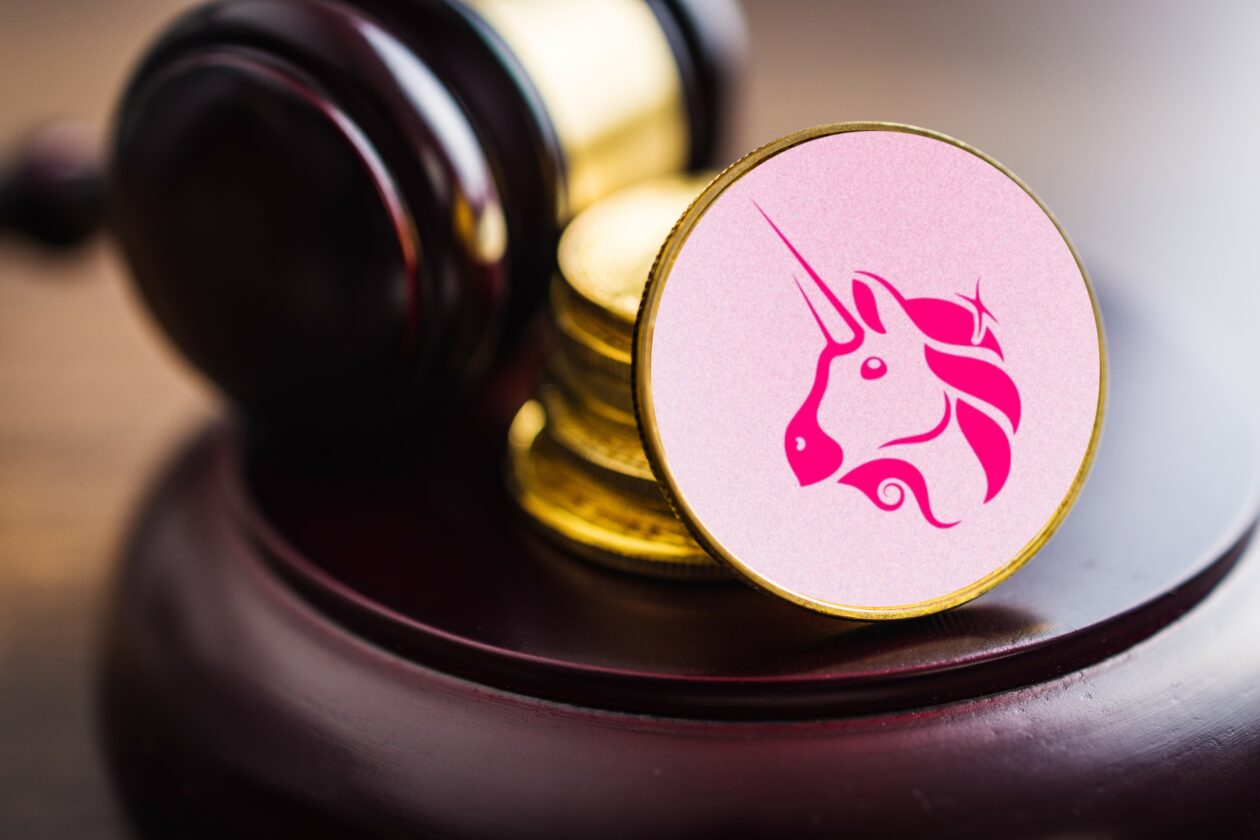A U.S. district court on Wednesday dismissed charges against a group of five firms, including Uniswap Labs and investment giant Andreessen Horowitz, for alleged securities violations on the Uniswap decentralized trading platform.
See related article: What’s holding back DeFi and keeping the masses away
Fast facts
- The plaintiffs in the case are U.S. and Australian residents who allegedly suffered losses from “scam tokens” listed on the Uniswap exchange in 2021. They say the platform — acting as an unregistered securities exchange or broker dealer — facilitated “the issuance of thousands of scam tokens” by failing to enforce listing fees, vetting processes, and appropriate criteria for issuing tokens. As such, they are entitled to compensation for their losses, they claimed.
- The court ruled that the defendants are not responsible for those losses. Presiding Judge Katherine Polk Failla said “due to the Protocol’s decentralized nature, the identities of the Scam Token issuers are basically unknown and unknowable.”
- The five defendants named in the case were originally charged in April 2022 with “unlawful promotion, offer, and sale of unregistered securities.” The court’s decision to reject those claims was celebrated by Uniswap Labs.
- “One longtime fear of mine has been bad legal interpretation of our complex, technical industry,” Uniswap founder Hayden Adams tweeted Thursday following the court ruling. “It’s highly motivating to see US courts hold up arguments I’ve felt deeply for years.”
- Judge Polk Failla said the court had declined to “stretch” federal securities laws to cover the case because the U.S. Congress and courts “have yet to make a definitive determination as to whether such tokens constitute securities, commodities, or something else.” The court determined that the plaintiffs’ concerns should be directed to Congress instead.
- Bill Hughes, a lawyer and regulatory lead at blockchain software firm Consensys, tweeted on Wednesday that the Uniswap ruling will have a greater impact on securities regulation in the Decentralized finance industry than higher profile cases involving blockchain platforms Ripple and TerraForm Labs.
- “The court notably found that (i) the Uniswap platform was capable and indeed was being in many instances used lawfully; (ii) there were not transactions between the plaintiffs and the Uniswap platform/protocol lab; and (iii) current securities laws seemingly do not reach the liability of the DeFi protocol itself for the actions of people using it to defraud others,” Hughes added about the findings of the court.
See related article: SEC to appeal in Ripple case, says ruling is a matter of opinion

